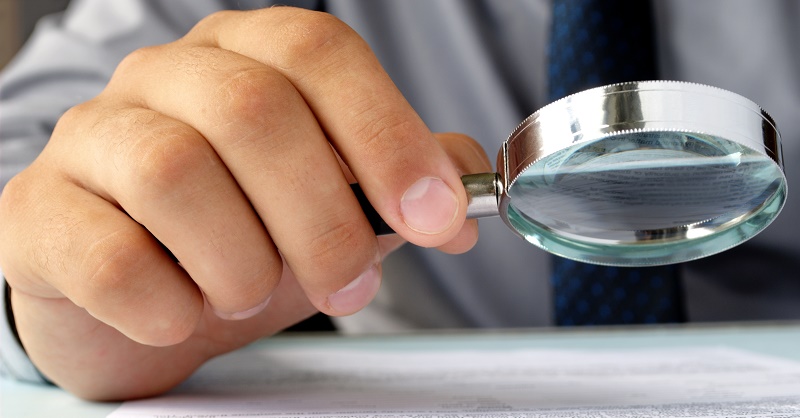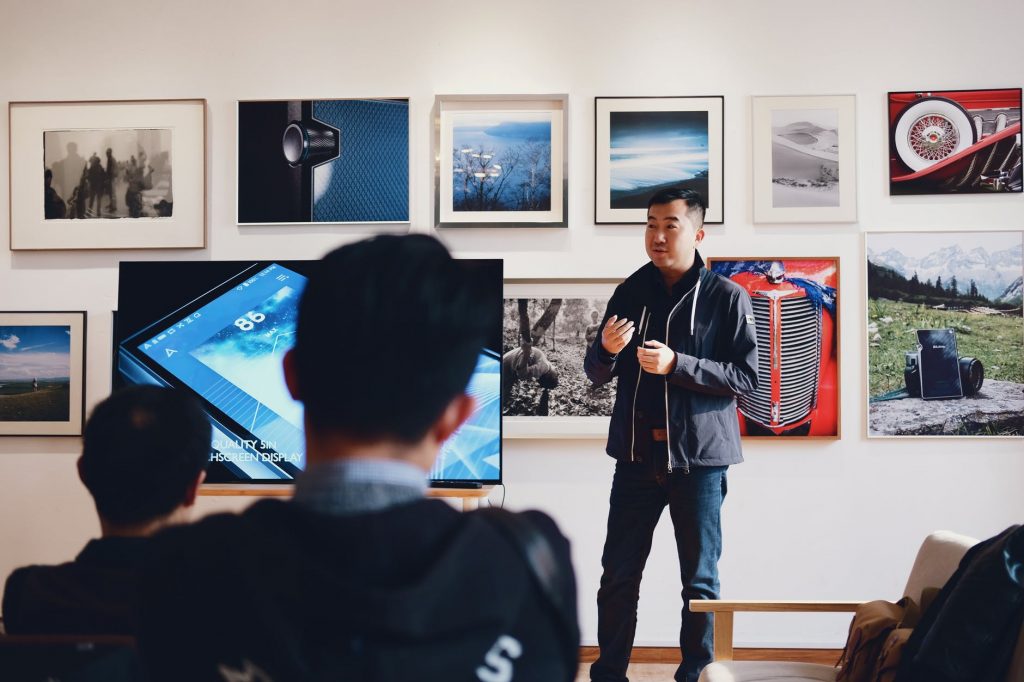Become a master at investigating and interviewing


Did an incident occur inside your organisation or maybe even at home and you are trying to find out just what has happened? One of the key principles of a result orientated ‘investigation’ is an open and good communication. In this article we gathered some tips on how to communicate during an interview with someone involved in the incident. Learn how to be a good investigator.
An investigator’s communication skills
The movies have been great at showing the ‘good cop/bad cop’ routine, or the ‘maverick’ cop who gets results with unconventional (and probably illegal) methods.
The reality is that interviews are all about building an open relationship between the interviewer and the interviewee, and then being methodical in the questioning process so that all the details are covered voluntarily.
Investigators need excellent communication skills and the ability to build rapport with even the most hostile witness. This requires patience and the explicit understanding of the impact of personal communication.
Setting up the room
Ideally, you need a light and airy room with water available. Dark, dirt and strong smells are not conducive to sensitive interviewing and can create an intimidating atmosphere. Hot drinks are rarely a good idea, as emotional people have been known to throw their hot drink at the interviewer.
The best set up is to have a round table, but these are not always available. If using a rectangular table, sit across from the witness to minimise the barrier the desk can represent. Remember, you need to have the witness as relaxed as possible for them to give you all the details you need.
Personal communication
How you conduct yourself will have a large bearing on how productive the interview will be. Common mistakes made are:
• Interviewers using tactics learnt from TV cop shows.
• Pointing, accusing and aggressive questioning
• Staring, folded arms and other passive/aggressive body language
• Not allowing enough time and rushing through the statement
• Not asking enough probing questions
Interviewers need to keep their body language neutral or open. The tone of voice should be calm and questions asked at a steady pace. Allow the interview to go at the pace dictated by the interviewee, allowing them time to answer questions fully.
Be comfortable with silence. Ask your question, then allow thinking time and wait for an answer. Probe the answer carefully to make sure you have every detail. Listen out for contradictions and summarise regularly.
You must avoid the impression of using force or authority to gain cooperation. The witness is under no obligation to co-operate, and any behaviour from you that they could deem threatening could mean them terminating the interview, and you losing vital information. Information must be given willingly, which is why taking time to build and maintain rapport is so important.
Exercise
Interview someone close to you about one of the following:
• What they did yesterday?
• Their last holiday/vacation?
• A road accident or near miss they were involved in
At the end of the interview, write an account of their testimony and ask them to check what you have written.
• How close did you get?
• What did you miss?
• Did you add anything or make any assumptions?
Structuring the interview
The interview should progress in stages. Knowing the stages will help you keep on track and remain in control.
Stage one – Explain purpose: Always thank the person for attending and explain that the purpose is to discuss their involvement, or if a witness, what they observed. Explain how long the interview will last, and that at the end you will ask them to write a statement.
Stage two –Ask questions: You should cover the following main areas: What happened, what should have happened, what, if anything was done differently and what, if anything, the person did differently.
Not all witnesses will cover all areas, so make sure you understand before you start what area you are covering. Questioning should be done chronologically, by establishing a time frame then working forward towards the incident, the actual incident, and the aftermath. You can ask questions such as:
• What time did you start work?
• What is your normal routine?
• Tell me what happened?
• Where were you then?
• Who was there at that time?
• What happened next?
• What were your duties?
• Tell me about the procedures/safe system of work?
• What training have you had?
• What is company policy?
• What did you see/hear?
• How would you expect someone to behave?
• How did you feel?
• What happened just before….?
• What happened afterwards?
Stage three – Statement: At the end of the interview you need a statement of the persons account.
Stage four – Next steps: Explain what will happen next and if you will want to see them again. Also discuss data protection and confidentiality.
Stage five – Close: Thank them for attendance
Stage six – Update: Update your notes and Investigation Record.
There is a lot more a great investigator needs to keep in mind when interviewing someone. To learn more download the eBook “Investigation Skills for Managers” written by Jim Johnston.




